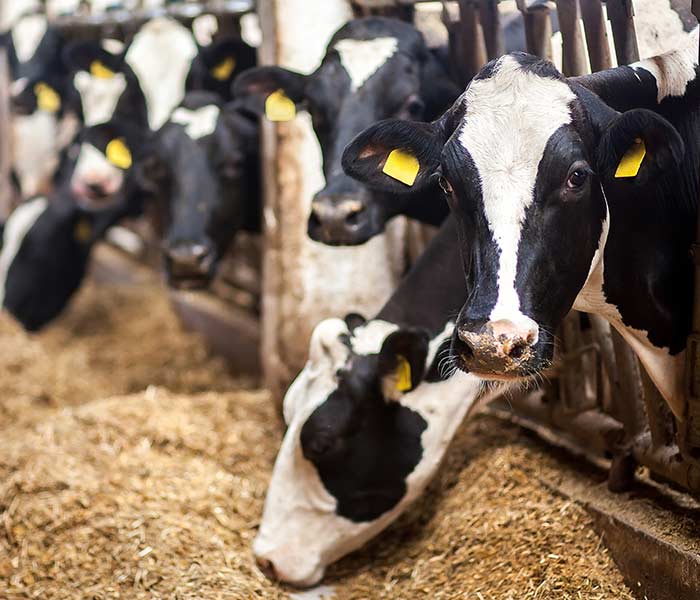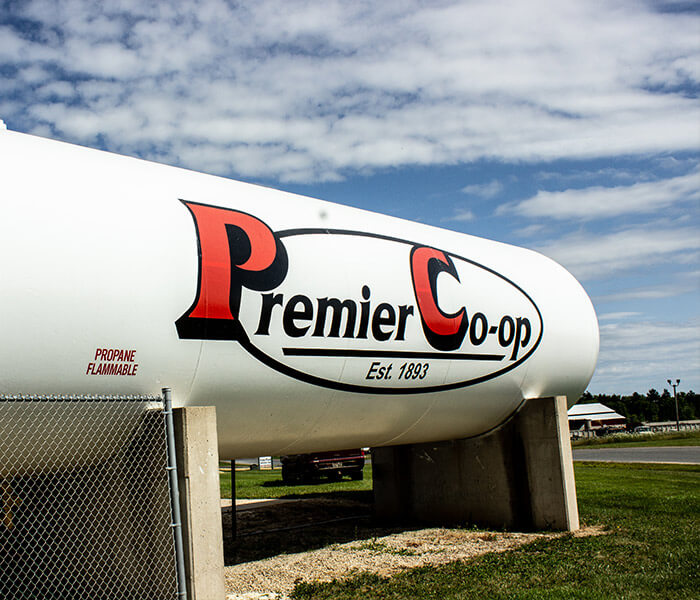Don't let heat stress impact your herd.
Warm weather is upon us, and with that heat stress enters your mind. The effects of heat stress are obvious in your lactating cows with decreased milk in the bulk tank, but may not be as obvious in your dry cows. Heat stressed dry cows can have a much bigger effect than you may have thought possible. Cows that have heat stress leads to lower production throughout the entire lactation, decreased ability to fight off infections, and affects the potential for their offspring to compete in the herd.
During the dry period, the mammary gland is undergoing some major changes. This is when recovery starts to happen, and the old secretory cells start to get replaced with new ones. This is what sets the stage for the next lactation. Heat stress during this time of recovery can dramatically impact the cow’s transition into the next lactation. Cows that endure heat stress during the dry period also tend to have shorter dry periods, not allowing for the proper recovery needed for the next lactation. In turn, this leads to lower peak milk and a less productive lactation. Cooling your cows allows them to get the right amount of time they need for mammary recovery and is crucial when setting them up for the next lactation.
Immune strength is another factor effected by heat stress. A cow’s immune system is protected by neutrophils and lymphocytes which help them fight off infections. Cows that are heat stressed limit their neutrophil’s ability to eat and kill bacteria which limits their ability to fight off infections and leads to more health issues. If the cow’s immune system is weakened during this period, then the immune system is weakened thought the entire lactation. By cooling your dry cows, you will see better immune strength and less health issues when entering the next lactation.
When thinking of heat stress in your cows you don’t generally think about the effects it has on the offspring and their ability to perform once in the milking herd. Heat stressed cows don’t only carry the effects into the next lactation, but the calves take it with them as well. Calves born from heat stressed cows have smaller statures and lower birth weights. Even though every newborn calf varies in size, heat stressed calves never catch up to their pen mates. These calves are more likely than their pen mates to be culled from the herd due to production and health events. Cooling your dry cows can help prevent culling the next generation before meeting their full potential.
Prevention of heat stress in the lactating cows is always on our minds when the heat hits because we feel the effects immediately, but we don’t think about the upcoming months. Lower peaks and production throughout the lactation, impaired immune strength and decreasing the potential performance of the next generation are all reason why your dry cows should be on your mind when the heat hits. By cooling your cows, you help prevent any repercussions that may have been endured through the warmer months if they are not cooled. This will set your cows up for a healthier, more productive and profitable lactation. Please reach out to your local Premier Cooperative nutritionist if you have any questions.
Craig Wagner
Nutrition Consultant





